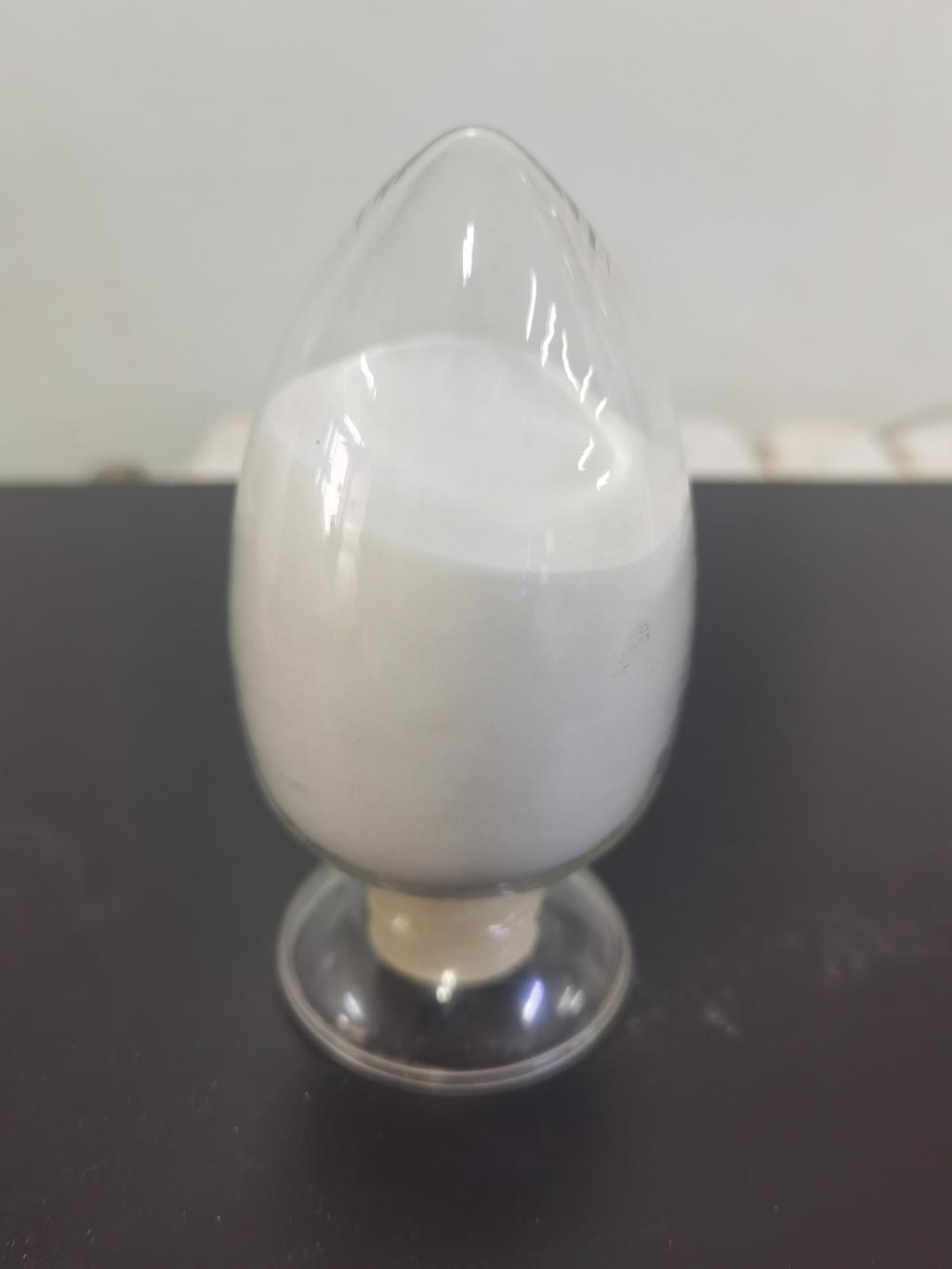Tel:+8618231198596

News
 CONTACT
CONTACT
 CONTACT
CONTACT
- Linkman:Linda Yao
- Tel: +8618231198596
- Email:linda.yao@dcpharma.cn
- Linkman:CHARLES.WANG
- Department:Overseas
- Tel: 0086 0311-85537378 0086 0311-85539701
News
Current Position:
Home >
News
>The use of ε-Polylysine hydrochloride supports sustainable food production.
The use of ε-Polylysine hydrochloride supports sustainable food production.
TIME:2024-04-09
Understanding ε-Polylysine Hydrochloride:
ε-Polylysine hydrochloride is a cationic homopolymer derived from natural sources, primarily through fermentation by specific bacterial strains. Composed of L-lysine residues linked by ε-amino bonds, it exhibits antimicrobial properties that inhibit the growth of bacteria, yeasts, and molds in food products. This natural origin, coupled with its effectiveness in preserving food quality and safety, makes it a preferred choice for food manufacturers seeking sustainable preservation methods.
The Impact of Food Waste:
Food waste is a significant global challenge, with far-reaching economic, environmental, and social consequences. Across the food supply chain, from production and processing to distribution and consumption, substantial amounts of food are lost or discarded each year. Food waste not only represents a loss of valuable resources but also contributes to greenhouse gas emissions, landfill waste, and food insecurity.
Role of ε-Polylysine Hydrochloride in Reducing Food Waste:
Preservation of Freshness and Quality:
One of the primary benefits of ε-Polylysine hydrochloride is its ability to extend the shelf life of food products by inhibiting microbial growth and delaying spoilage. By preventing the proliferation of bacteria, yeasts, and molds, ε-Polylysine hydrochloride helps maintain the freshness, flavor, and nutritional integrity of food products over an extended period. This preservation effect reduces the likelihood of premature spoilage and increases the window of opportunity for consumption.
Minimization of Spoilage and Losses:
ε-Polylysine hydrochloride plays a crucial role in minimizing food spoilage and losses throughout the food supply chain. From perishable fruits and vegetables to dairy products, meats, and baked goods, its antimicrobial properties help prevent microbial contamination and extend product shelf life. This reduction in spoilage translates to fewer unsold products, decreased inventory losses, and lower disposal volumes, thereby mitigating economic losses and environmental impact.
Enhanced Efficiency in Distribution and Retail:
By extending the shelf life of food products, ε-Polylysine hydrochloride improves efficiency in distribution and retail operations. Foods with longer shelf lives require less frequent replenishment and turnover, reducing the need for expedited shipping and minimizing the risk of product expiration. This streamlined distribution process enhances resource utilization, reduces transportation emissions, and optimizes inventory management practices.
Support for Sustainable Consumption Habits:
ε-Polylysine hydrochloride promotes sustainable consumption habits by enabling consumers to minimize food waste at the household level. With longer shelf life, consumers can purchase perishable items with confidence, knowing that they will remain fresh for extended periods. This encourages responsible consumption behaviors, such as meal planning, proper storage, and utilization of leftovers, ultimately reducing the amount of food discarded at home.
Regulatory Considerations and Safety:
ε-Polylysine hydrochloride is approved for use as a food additive by regulatory authorities such as the U.S. Food and Drug Administration (FDA) and the European Food Safety Authority (EFSA). Maximum usage levels and safety standards are established to ensure its safety for human consumption. Regulatory approval underscores the safety and efficacy of ε-Polylysine hydrochloride as a food preservative, providing assurance to consumers and industry stakeholders.
Challenges and Future Directions:
While ε-Polylysine hydrochloride offers significant benefits for reducing food waste, challenges remain in optimizing its effectiveness across different food matrices and processing conditions. Future research efforts may focus on enhancing its stability, compatibility with various foods, and consumer acceptance. Additionally, education and awareness initiatives can help promote the adoption of ε-Polylysine hydrochloride as a sustainable preservation method among food manufacturers, retailers, and consumers.
Conclusion:
ε-Polylysine hydrochloride serves as a sustainable solution for reducing food waste through extended shelf life, offering benefits for both industry stakeholders and consumers. Its ability to inhibit microbial growth and preserve food freshness contributes to more efficient resource utilization, reduced economic losses, and minimized environmental impact. As the food industry continues to prioritize sustainability and waste reduction, ε-Polylysine hydrochloride remains a valuable tool in promoting responsible food production, distribution, and consumption practices. By harnessing the potential of ε-Polylysine hydrochloride, stakeholders can work towards a more sustainable future where food waste is minimized, and resources are utilized efficiently to feed a growing population.
- Tel:+8618231198596
- Whatsapp:18231198596
- Chat With Skype







